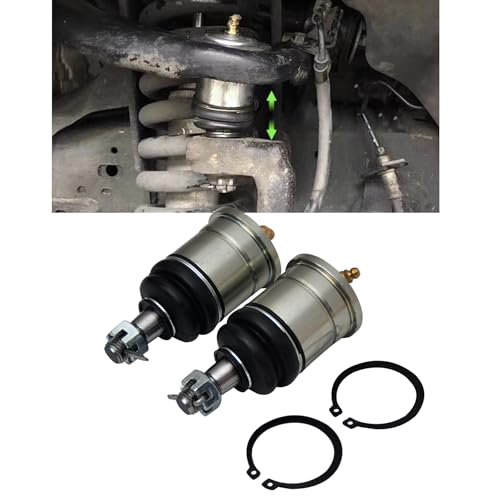hey ants,
why would you need to let the engine 'settle' for 10-15k?
whats the advantage of doing this?
cheers
Hi there Hutch,
Diesel engines are general renowned for their long lifespan. Treat the engine well early on in it't life and it will return the favour later on in life. Been around 4wd's and diesels long enough to pick up that much...
People talk about blocking EGR valves and such - while I would never encourage anyone to break emissions laws, should such things be legal then reducing the amount of "bad stuff" going into the engine might be a good idea.
But unregulated power increases are not necessarily a good idea early in a diesel engines life - let it settle in first. Get the engine through it's first few oil changes and then start to look at modifications.
The problem with increasing the stock power/torque output is that once you do increase it, you obviously then ask the engine to DELIVER that increased power/torque....otherwise why would you perform the modifications such as chip, exhaust etc?
And when you are pushing fresh engine components hard, they can and do fail.
Now I don't claim to be a guru of all things mechanical - far from it - but my understanding of top end race engine manufacturers for example...they don't just build an engine and release it to fang around the track....the engine is built, run on the dyno at ever increasing outputs to ensure it's stability, and only when it is a proven individual engine, is it released to be used.
Now road vehicle manufacturers don't have those kind of resources - otherwise our everyday cars would cost a lot more than they do...
Anyway, after much ramble, my point is that if you intend on keeping the vehicle for any period of time - what's the rush - wait a few months, settle the mechanicals in a little bit, then start modifying.
It's called being "mechanically kind".
 hello guys just got my new st d40 turbo disel dual cab on wednesday just wondering about a few mods i want to do went to purchase a k&n filter today but the 1 listed was wrong guys at autobarn coudnt help me after that has any 1 else had the same problem part number was 33-2080 too big, next i want to put in a chip cant deside between a chip it or dp chip both sound very good and offer the same sort of stuff , next i cant find a 3" exhaust any feed back and advice from people will be very much appreciated.
hello guys just got my new st d40 turbo disel dual cab on wednesday just wondering about a few mods i want to do went to purchase a k&n filter today but the 1 listed was wrong guys at autobarn coudnt help me after that has any 1 else had the same problem part number was 33-2080 too big, next i want to put in a chip cant deside between a chip it or dp chip both sound very good and offer the same sort of stuff , next i cant find a 3" exhaust any feed back and advice from people will be very much appreciated.

























